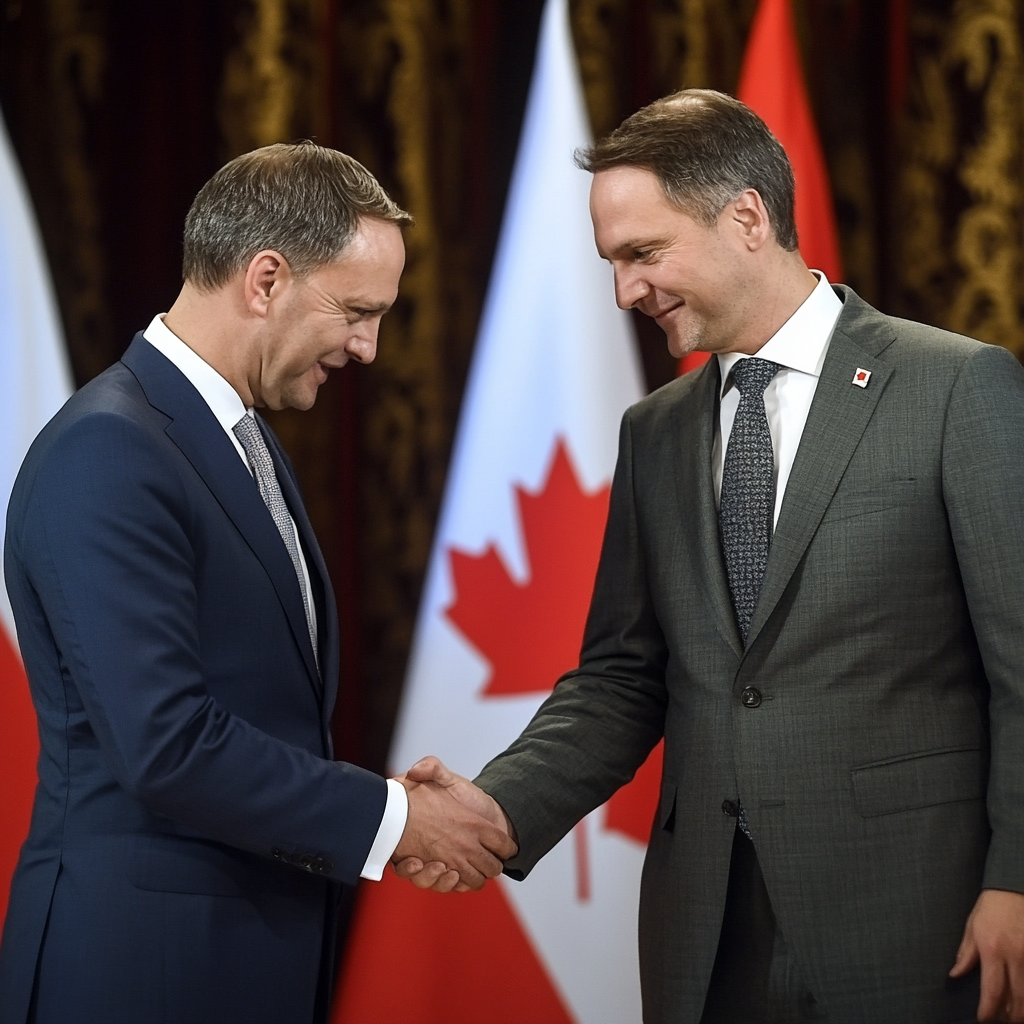
- Poland and Canada have signed an agreement to enhance cooperation on nuclear energy, with Poland advancing plans for its first nuclear plant with Westinghouse and preparing to select a partner for a second plant.
- Poland is investing in small modular reactors (SMRs), having approved the construction of 24 units by 2030 through Orlen Synthos Green Energy, positioning itself as a European leader in SMR deployment.
- Energy security is key to Poland’s technological ambitions, as Prime Minister Tusk emphasizes the need for reliable power sources to support AI, cybersecurity, and data center expansion, reinforcing Poland’s goal of becoming a hub for modern technology.
Poland and Canada have signed an agreement that establishes a legal framework for deeper cooperation in nuclear power, Polish Prime Minister Donald Tusk announced on Tuesday after meeting with Canadian Prime Minister Justin Trudeau. As Poland works to transition away from coal dependency, nuclear energy has become a central part of its strategy. The country has already chosen Westinghouse Electric to construct its first nuclear power plant on the Baltic Sea coast, although financing for the project is still being finalized. In addition, Poland is preparing to launch the selection process for a partner to develop a second nuclear plant.
Tusk highlighted Canada’s significant role in Poland’s nuclear expansion, noting that Westinghouse Electric is owned by Canadian companies. He also emphasized the importance of collaboration on small modular reactors (SMRs), a technology Poland is actively investing in as part of its long-term energy strategy. In 2023, Poland approved the construction of 24 SMR units across six sites, a project spearheaded by Orlen Synthos Green Energy (OSGE), a joint venture between Poland’s largest refiner, Orlen, and chemicals company Synthos. The company aims to deploy Poland’s first small reactors by 2030, positioning the country at the forefront of SMR development in Europe.
Beyond its energy transformation, Poland is also looking to establish itself as a leader in modern technology. Tusk underscored the connection between energy security and technological advancement, particularly in artificial intelligence and cybersecurity. He shared that during a meeting earlier that day, the head of Google had remarked on Poland’s potential to become a European center for AI and cybersecurity. However, achieving this vision requires a robust and sustainable energy supply. Large-scale data centers, crucial for technological infrastructure, demand significant amounts of electricity, further reinforcing the need for new energy sources.
By expanding its nuclear capabilities, Poland is not only strengthening its energy security but also laying the groundwork for economic and technological leadership in Europe. The partnership with Canada represents a crucial step in this process, helping to diversify Poland’s nuclear collaborations while supporting its broader ambitions for innovation and sustainability.

0 Comments